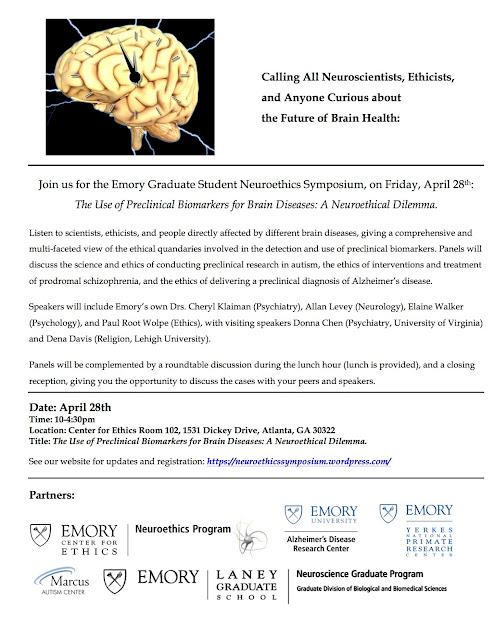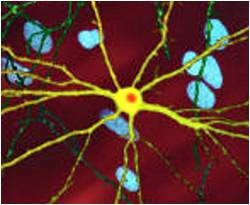Diagnostic dilemmas: When potentially transient preexisting diagnoses confer chronic harm

By Elaine Walker Elaine Walker is the Charles Howard Candler Professor of Psychology and Neuroscience at Emory University. She leads a research laboratory that is funded by the National Institute of Mental Health (NIMH) to study risk factors for psychosis and other serious mental illnesses. Her research is focused on the behavioral and neuromaturational changes that precede psychotic disorders. She has published over 300 scientific articles and 6 books. The diagnostic process can be complicated by many factors. Most of these factors reflect limitations in our scientific understanding of the nature and course of disorders. But in the current US healthcare climate, legislative proposals concerning insurance coverage for preexisting conditions add another layer of complexity to the diagnostic process. It is a layer of complexity that is riddled with ethical dilemmas which are especially salient in the field of mental health care. The following d...

